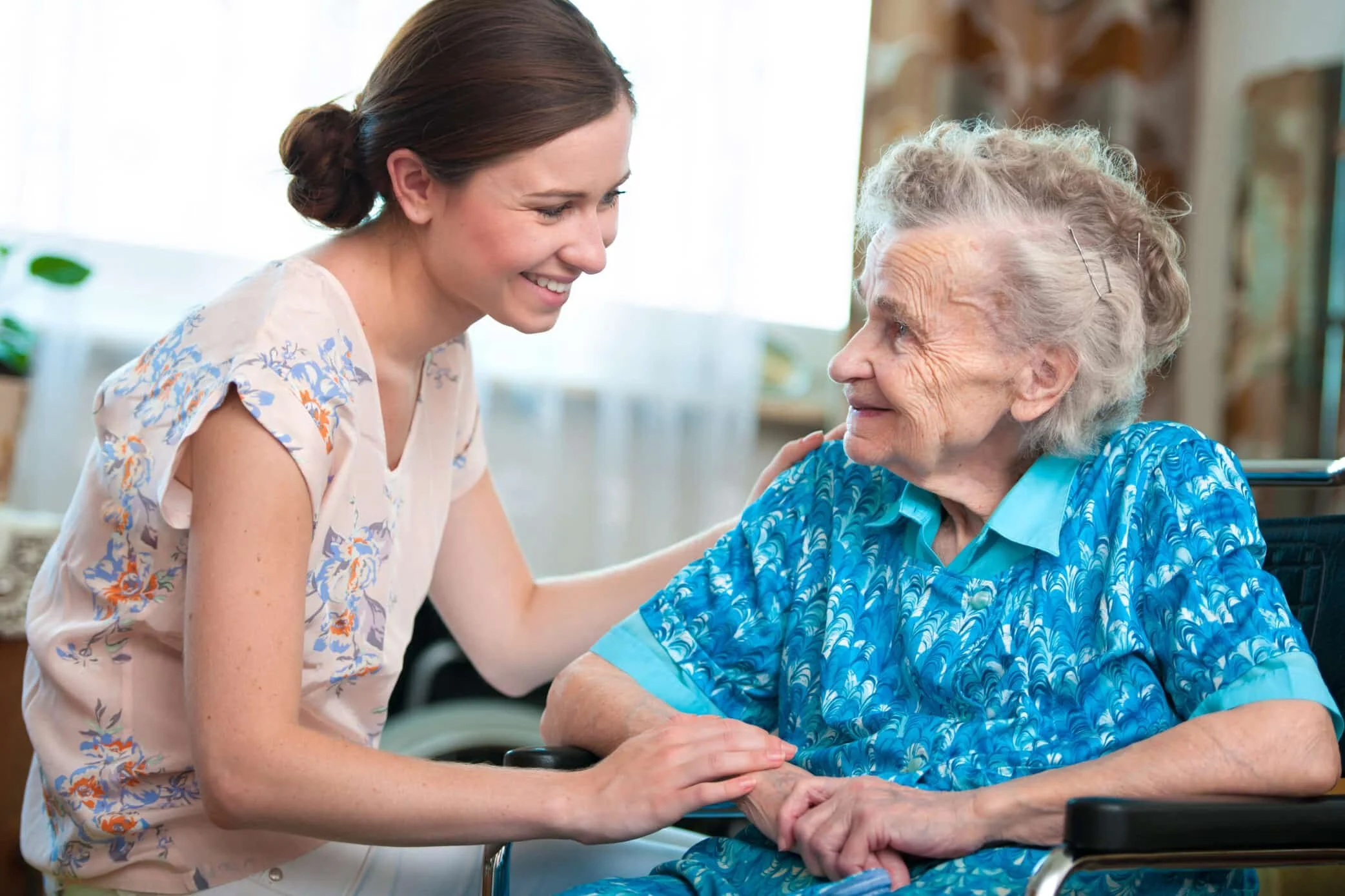Mental Health Awareness Week: Supporting the Well-Being of Loved Ones and Those in Our Care
Mental Health Awareness Week is an important opportunity for us in the care sector to pause and reflect on how we can better support the mental health of those we care for, be it family members, friends, or the individuals we support professionally.
At Everycare, we understand that caring goes far beyond meeting someone’s physical needs. Mental and emotional well-being is just as essential to overall health. This year's theme focuses on connection, which is at the very heart of what we do every day. Whether you’re a family member caring for a loved one or a professional caregiver supporting clients at home, your empathy, patience, and presence can make a world of difference.
Here’s how you can support the mental well-being of others, both personally and professionally.
Build Trust Through Gentle, Open Conversations
One of the most powerful ways to support someone’s mental health is to simply be there to listen. For many older adults or individuals facing health challenges, loneliness, grief, or anxiety can be difficult to talk about. Make space for honest conversations.
Ask open-ended questions like, “How are you feeling today?” and give them time to respond. Even if they don’t want to talk right away, knowing that someone cares enough to ask can be a huge comfort.
Recognise the Signs of Mental Distress
As caregivers, it's important to stay alert to changes in mood, behaviour, or routine. These could include:
Withdrawal or isolation
Loss of interest in activities
Changes in appetite or sleep
Expressions of hopelessness
These signs might suggest that someone is struggling with anxiety, depression, or another mental health condition. Early support can prevent issues from worsening.
If you're unsure, speak with a healthcare professional or involve the individual’s GP for advice.
Encourage Daily Well-Being Routines
You don’t need grand gestures to support someone’s mental health. Small, consistent acts of care often mean the most.
Try to:
Create a sense of daily routine and structure
Encourage regular movement, like a short walk or light exercise
Support involvement in hobbies, music, or crafts
Make time for gentle conversation, laughter, and shared moments
Connection through meaningful activities fosters a sense of purpose and belonging, something we all need to thrive.
Be Patient and Present
Some days will be harder than others. Those we care for may feel low, irritable, or withdrawn. In these moments, patience and calm presence are key. Avoid forcing conversation or cheerfulness. Instead, offer reassurance and let them know they’re not alone.
Even silent companionship, sitting together while watching a favourite show or doing a puzzle, can be deeply supportive.
Support Access to Professional Help When Needed
If you’re concerned about someone’s mental well-being, encourage them to speak to their GP or a mental health specialist. As care professionals, we can help by:
Assisting with appointment bookings
Attending GP visits (with consent)
Liaising with family members and health services
There’s no shame in needing help. In fact, seeking support is a strong and positive step forward.
Look After Yourself as a Carer
Whether you’re a family member or professional caregiver, remember that your own mental health matters too. Caring can be emotionally demanding, and it’s okay to feel overwhelmed at times.
Make sure you:
Talk to someone you trust about how you’re feeling
Take regular breaks
Use support services when needed
At Everycare, we promote a supportive environment for our care teams and encourage open dialogue about well-being. After all, the best care starts with carers who feel valued and supported.
Let’s Make Every Week Mental Health Week
Mental Health Awareness Week reminds us that care is not only about tasks, it’s about connection, compassion, and human dignity. By supporting the mental well-being of those around us, we help build stronger, more resilient communities.
Let’s continue to look out for one another, not just this week, but every day.


